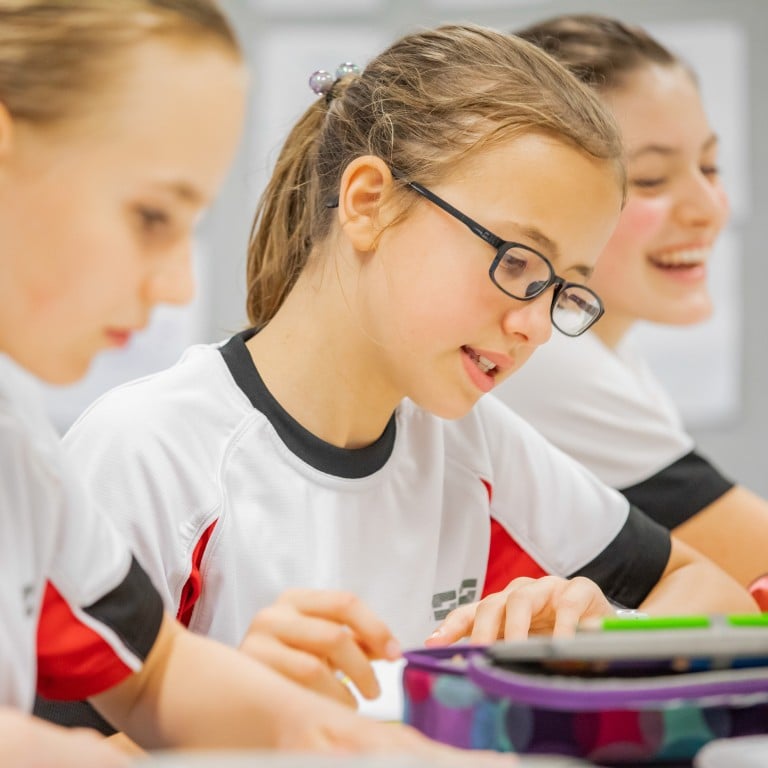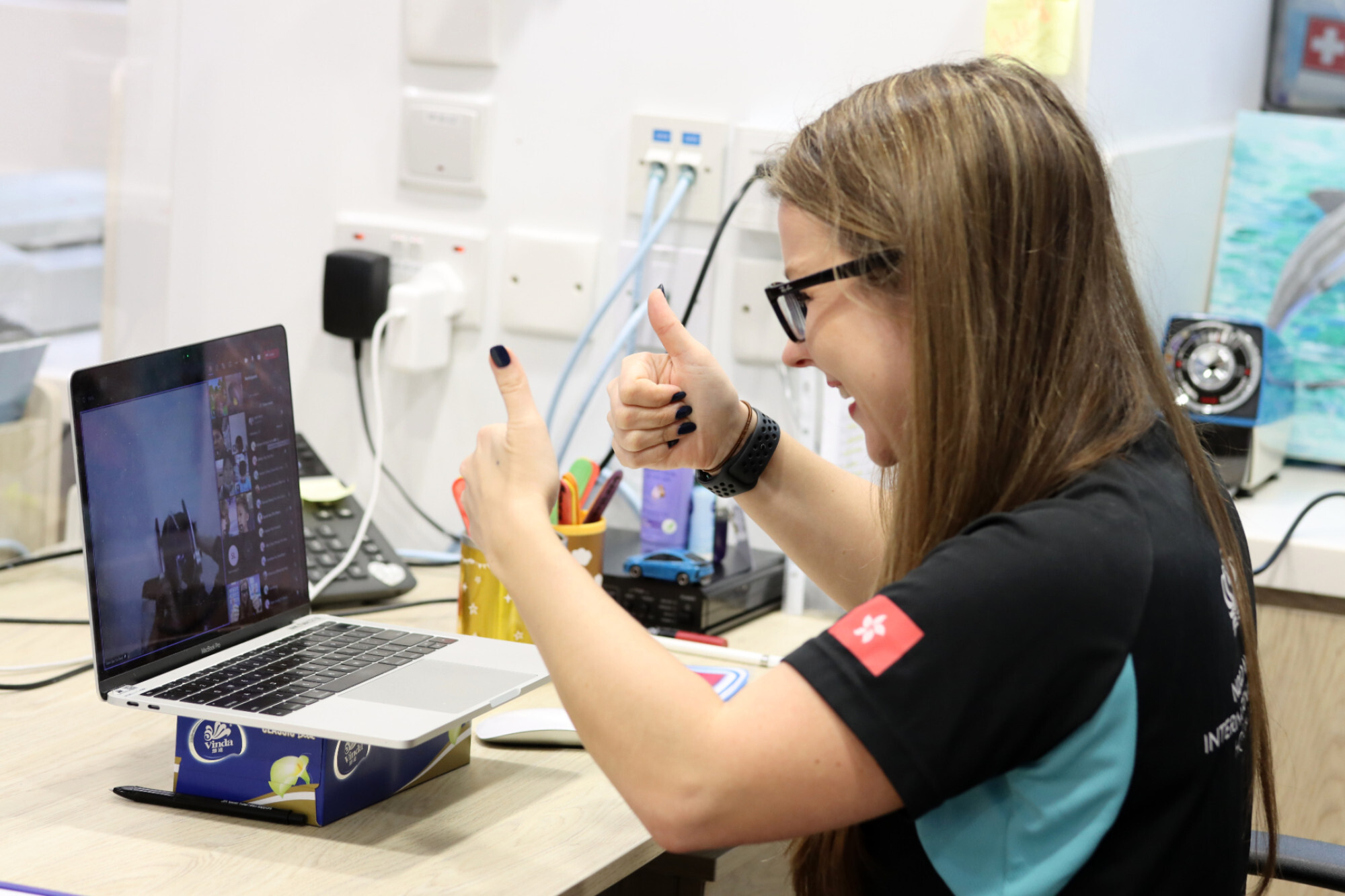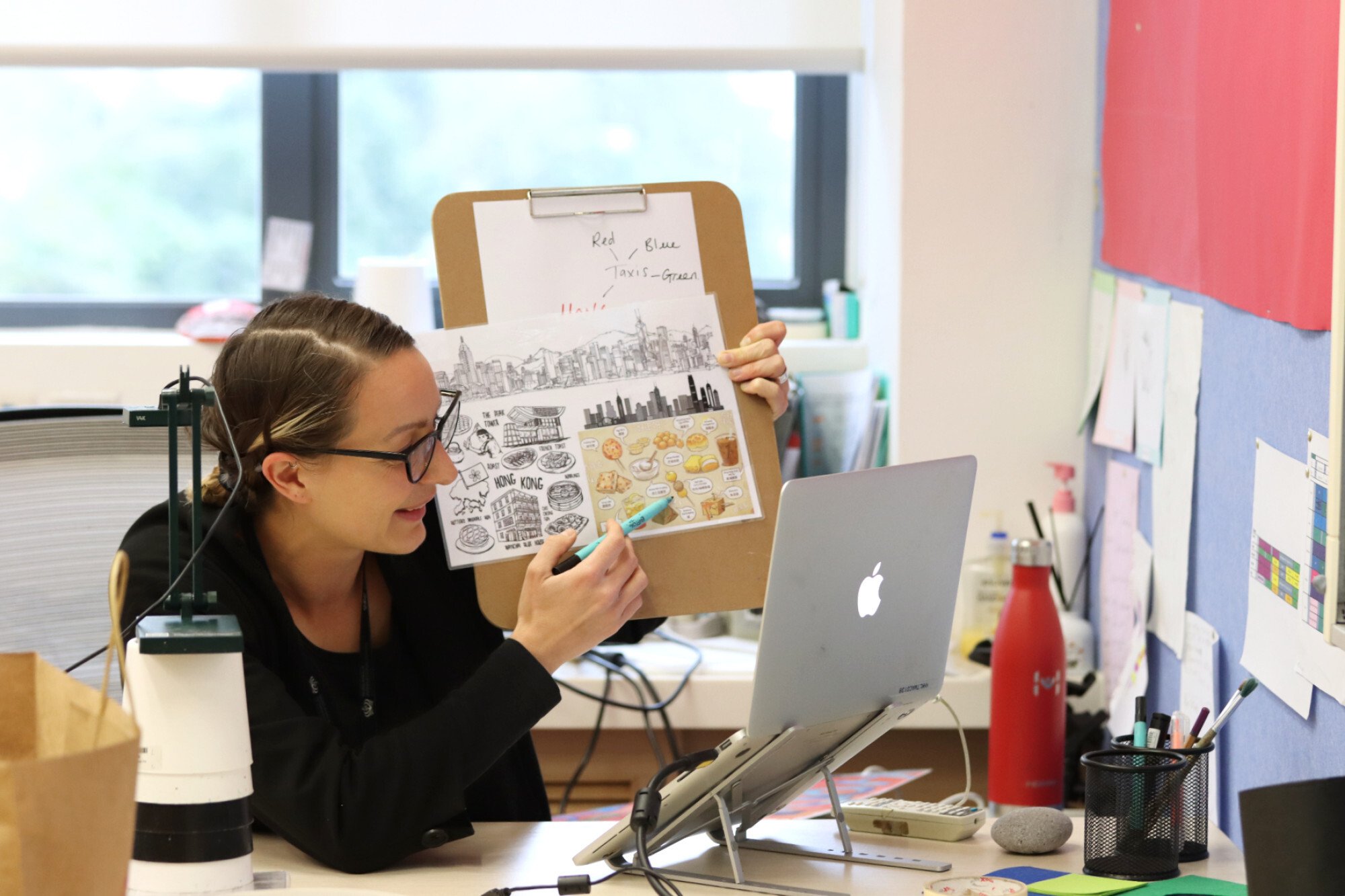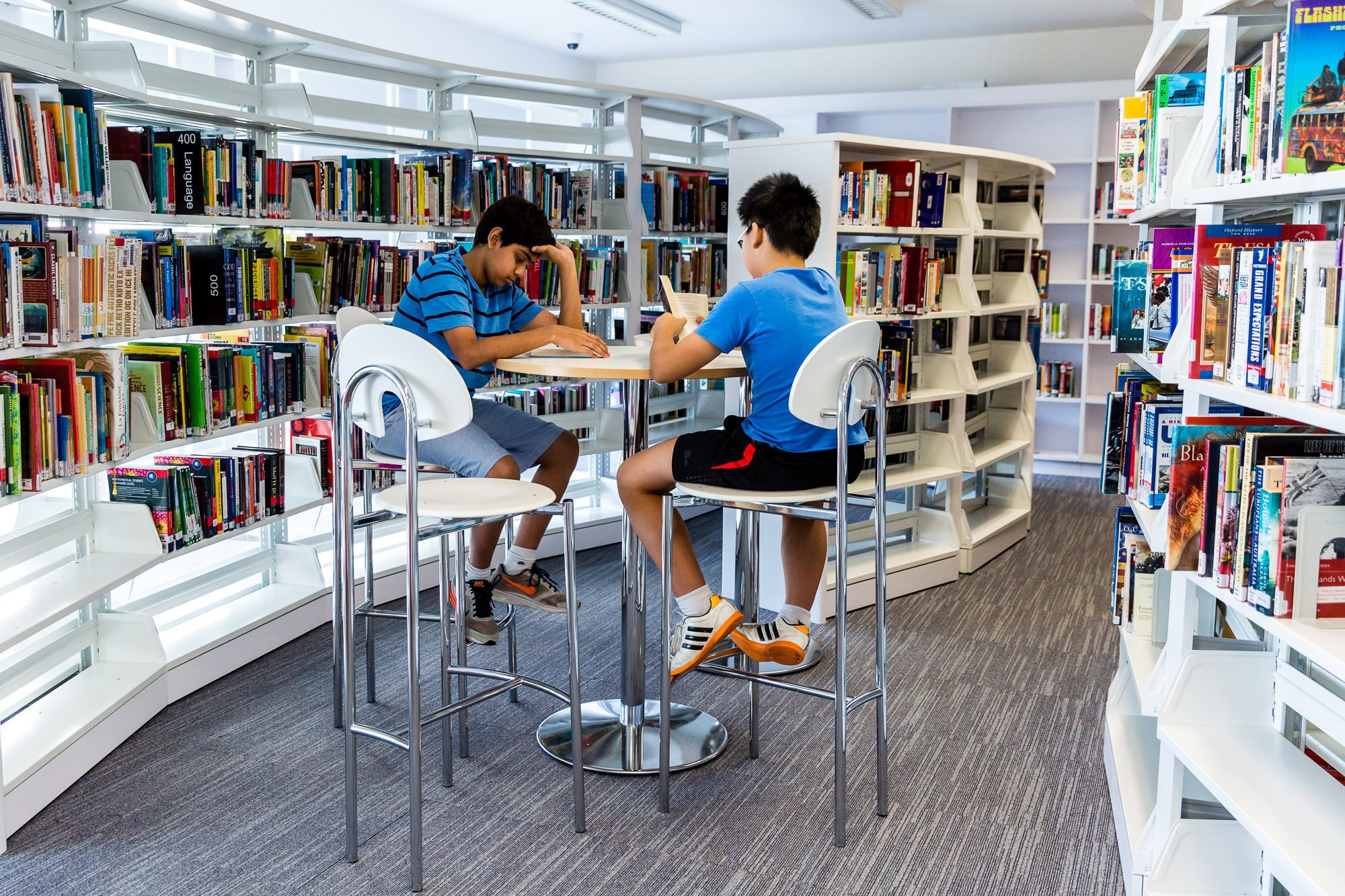
How teachers can recognise signs of anxiety and depression in students – from clinginess and difficulty in making friends, to behaviour issues and trouble concentrating
- As the pandemic enters its third year, teachers and parents should familiarise themselves with signs of anxiety and depression in school-age children
- Counselling experts from Jadis Blurton, Nord Anglia International School Hong Kong and German Swiss International School suggest ways to handle students’ mental well-being
Leading schools in Hong Kong have always been alert to signs of stress, anxiety and alienation among the student body. But as the city enters a third year of pandemic-related disruptions, the need for this kind of vigilance, plus the pastoral care and counselling that goes with it, has become more important than ever.
Despite upbeat talk about their resilience and adaptability, the plain fact is that most school-age children find uncertainty and frequent changes disconcerting, or worse. And that only adds to the pressures already inherent in the education system, especially when crucial exams are looming, which will define chances for university places and future career prospects.
“At the moment, I am seeing very high levels of anxiety and fear,” says Katrina Rozga, director of therapy and counselling at the Jadis Blurton Family Development Center. “Kids like consistency and to know what is going to happen, so when things keep changing, and there are more restrictions, they can begin to act out as a means of dealing with that.”

Rozga notes that over the past year some parents have been seeing regressions in behaviour, as well as instances of “clinginess”, difficulties in interacting with people from outside the family, and trouble with concentrating on set tasks.
“Depression is also beginning to rear its head,” she adds. “Students are feeling more isolated and less certain about the future. Adolescents need social interaction and time with their friends, and many say they feel really low because they haven’t been able to interact regularly in person among a group. Often, they also find they are struggling with school work and not learning as much as they should, because trying to concentrate online all day is difficult.”
In most cases a combination of online schooling, less physical activity, confinement at home with multiple distractions, and the nagging sense of missing out on shared fun, new achievements and some of the usual milestones has been at the root of the problem.
All these factors decrease motivation, interest and attention spans. At the same time, they increase boredom, worries and loneliness and can easily lead to outbursts in terms of bad behaviour, self-isolation or “coping” in generally unhelpful ways.
“Some of the best advice I can give teachers and parents is to get very familiar with the signs of anxiety and depression so you can recognise it more readily,” says Rozga, who is also an executive committee member of the Psychotherapy Society of Hong Kong. “Noticing and asking straightforward questions about mood can give your kids or students the chance to tell you if they are struggling. A lot of the time, children just need an outlet, someone to talk to and an opportunity to let their feelings out. Therefore, it is important to recognise that need and fill it. Asking for help is much harder than answering a yes or no question, so make sure to ask – and ask often.”

For teachers specifically, another key point is to do one-on-one check-ins with students every so often during online classes. This allows them to continue to act as a “first line of defence” in spotting problems or changes in behaviour and thus making it possible to flag any concerns early on.
At Nord Anglia International School Hong Kong (NAISHK), that is just one of the steps taken to maintain positivity in the school community during unprecedented times. It relies on a blended approach featuring synchronous and asynchronous learning designed to keep students motivated and engaged.
One objective is to reduce the amount of screen time required each day. Another is to build a sense of belonging and community so that students feel connected and positive about their schoolwork, other activities, the challenges involved, and where it is all leading.
“As part of this, we have a tutor time programme centred around well-being, purpose and resilience,” says Elliott Scrivener, pastoral lead at NAISHK. “And every morning, our secondary students start the day with an activity based around one of six strands of well-being.”
To go with that, there have also been several house competitions for the whole school over the past few months, including a “community well-being challenge” which last year saw families invited to complete over 40 health-based activities.
More recently, but similarly intended to unite, enliven and boost all-round morale, an NAISHK’s Got Talent event was launched, giving students, parents and teachers the perfect way to forget their day-to-day worries for a while and simply have a good time.
“During the pandemic, the most common issue we have seen is a rise in anxiety,” Scrivener says. “We are lucky, though, to have an incredibly supportive community and range of programmes in place to provide help. For example, each student has a ‘well-being call teacher’ they can speak to on a regular basis. This helps to identify issues which can then be referred to our pastoral team.”
The school also has a “helping us cope” support group, which focuses on explaining effective strategies for dealing with anxieties and other related concerns. Encouragingly, a number of students have self-referred, asking to take part in the group.
“A real strength of the school is the way we form strong relationships based on open communication with both parents and students,” Scrivener says. “This is central to dealing with any mental health and well-being issue and means we have been able to swiftly put any necessary support in place.”
Scott MacKinnon, deputy head of secondary (pastoral) at NAISHK, adds that a further element is a tie-up with Australia’s Monash University, which provides trained counsellors ready to work with students, teaching staff and the pastoral team. In addition, the school has established strong links with external agencies in Hong Kong and turned to outside psychologists to ensure everyone is on the same page when it comes to assisting vulnerable students.
“Involving parents is the key to establishing a strong support network,” MacKinnnon says. “That’s why we are about to launch a series of webinars focusing on digital parenting. And it’s why we have an affiliation with the [UK’s] Anna Freud National Centre for Children and Families, one of the world’s leading organisations for research, training and treatment of children’s mental health needs. This means our staff has access to first-class training.”
At German Swiss International School (GSIS), stepped-up communication during the strictures of Covid-19 has been essential in helping everyone get through. That began with a general message for students to focus on what they can control in their lives on any given day, which extends from what they eat to how much they exercise, their behaviour, acts of kindness, and keeping a close eye on the amount of time spent on social media.
“We send reminders that we are all in this together and that the school is always there to support anyone who asks for help,” says Simon Misso-Veness, GSIS deputy principal and head of English international stream. “We make a point of encouraging students to connect with their friends, and we run group sessions to make that happen.”
Besides that, there is a weekly newsletter outlining practical tips and resources. And teachers have found ways to use the “home environment” by including pets, hobbies and dress-up days as online class activities.
“There is also an open dialogue about different emotions and general well-being,” says Susan Hood, secondary deputy head at GSIS. “For instance, the school counsellor leads classes in primary to help children acknowledge and normalise their feelings, practise wellness and coping skills together, and facilitate games that allow kids to socialise and interact in ways that they are otherwise missing out on.”

Such sessions also allow children to show gratitude, share news or pass on tips on creative ways to lift one’s mood, or simply not worry too much about events in the wider world. “We made changes to teaching strategies as a result of student feedback after the initial online classes,” Misso-Veness says. “That led to a reduction in homework and overall workload, longer breaks between lessons, and less screen time.”
The school has also continued to run around 20 extracurricular activities, including debating, music and drama. A special “online stress-proofing” course was introduced for Years 12 and 13. And targeted interventions have been arranged though the student support team to assist any at-risk individuals.
“The main thing for us is to have clear communication and to listen to the student voice,” Hood says. “If necessary, school counsellors may recommend referral to external experts. But in any case, we consult a child psychologist on best practice for supporting children in times like these, and we monitor websites such as ISCA and Mind HK.”
Looking ahead to the post-pandemic, Rogza is optimistic about school life quickly returning to normal. She does, however, caution about the lingering effects of seclusion, physical inactivity and mental strain.
“I think this is a worry for most people,” she says. “But what we’ve seen in the last couple of years is that children are incredibly resilient and, as long as they have the right support, they can come back from anything. We do have to be prepared, though, to offer that support to those who need it most. It won’t be an immediate bounce back.”
